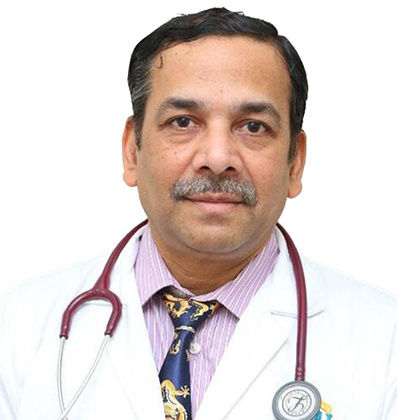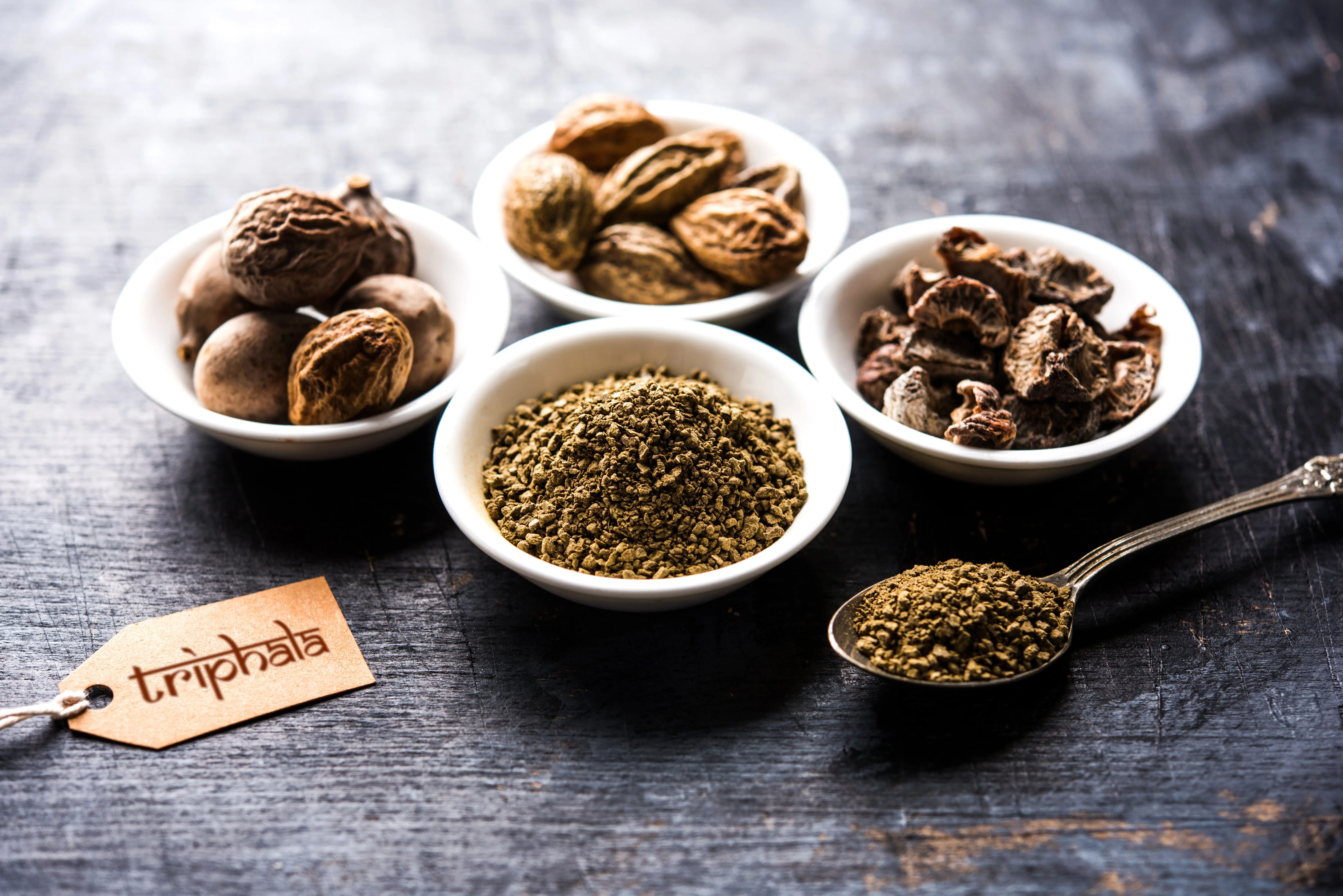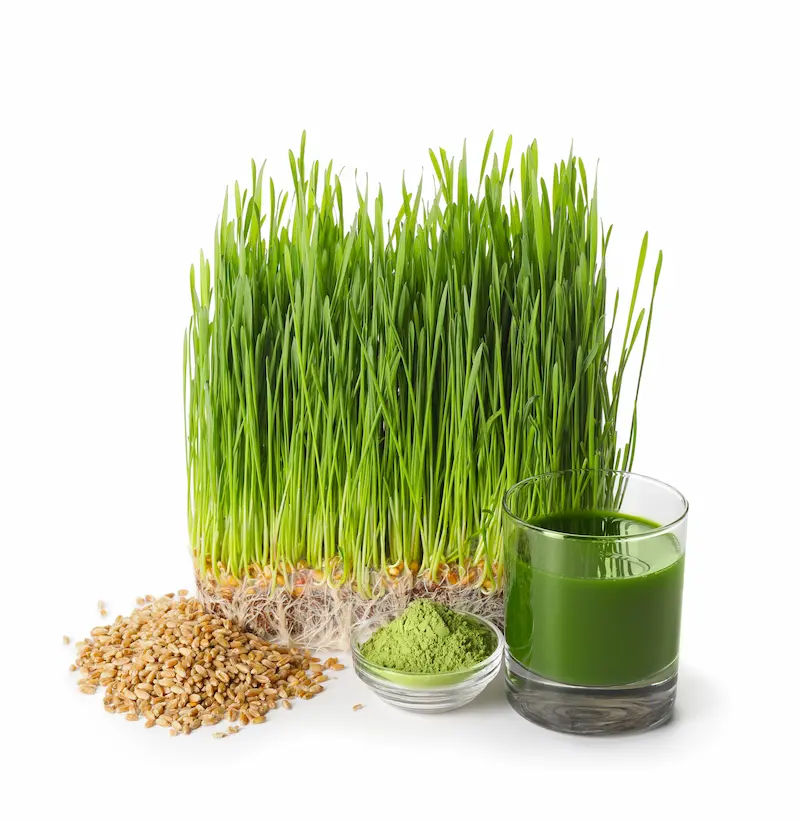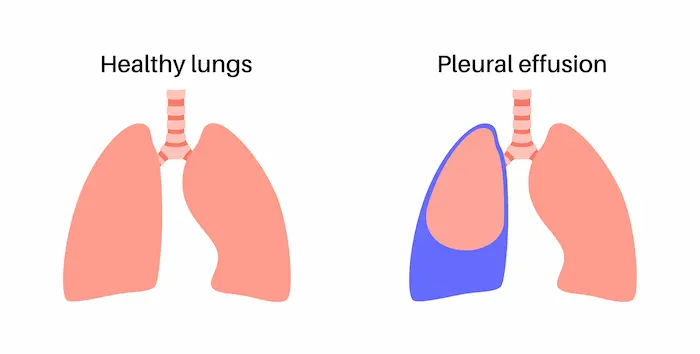Vitamins That Support Bone Health
know about bone health, how vitamins play an important role, what type of vitamins, sources, deficiencies, and lifestyle tips to support bone health.

Written by Dr. Md Yusuf Shareef
Reviewed by Dr. Dhankecha Mayank Dineshbhai MBBS
Last updated on 13th Jan, 2026

Introduction
Our bones are the framework that supports our body, protects our organs, and helps us move. Keeping them strong and healthy is essential, especially as we age. While calcium often gets the spotlight when it comes to bone health, several vitamins play an equally important role. In this article, we’ll explore the key vitamins that support bone health, how they work, and simple ways to ensure you get enough of them.
Why Bone Health Matters
Bones are living tissues that constantly break down and rebuild. Strong bones help prevent fractures, osteoporosis (a condition where bones become weak and brittle), and other bone-related issues. Proper nutrition, including the right vitamins, is crucial for maintaining bone density and strength.
Key Vitamins for Bone Health
1. Vitamin D – The Sunshine Vitamin
Why it’s important:
Vitamin D helps your body absorb calcium, which is essential for strong bones. Without enough vitamin D, your bones can become thin, brittle, or misshapen.
Sources:
Sunlight (Your skin produces vitamin D when exposed to sunlight.)
Fatty fish (salmon, mackerel, tuna)
Egg yolks
Fortified foods (milk, cereals, orange juice)
Deficiency symptoms:
Weak bones (osteoporosis or osteomalacia)
Muscle weakness
Frequent bone pain
How much do you need?
Adults: 600–800 IU per day varies based on age and health conditions.
Tip: Spend 10–15 minutes in the sun a few times a week. If you live in a place with limited sunlight, consider a vitamin D supplement after consulting your doctor.
2. Vitamin K – The Bone Protector
Why it’s important:
Vitamin K helps in bone mineralisation by regulating calcium and preventing calcium buildup in blood vessels.
It activates proteins that bind calcium to bones, making them stronger.
Sources:
Leafy greens (spinach, kale, broccoli)
Fermented foods (natto, sauerkraut)
Meat, cheese, and eggs
Deficiency symptoms:
Increased risk of fractures
Poor bone density
How much do you need?
Men: 120 mcg/day
Women: 90 mcg/day
Tip: Include a serving of green vegetables in your daily meals for a natural vitamin K boost.
3. Vitamin C – The Collagen Builder
Why it’s important:
Vitamin C is essential for producing collagen, a protein that provides structure to bones. It also acts as an antioxidant, protecting bones from damage.
Sources:
Citrus fruits (oranges, lemons, grapefruits)
Bell peppers
Strawberries
Broccoli
Deficiency symptoms:
Weak bones
Slow healing of fractures
Gum bleeding
How much do you need?
Adults: 75–90 mg/day
Tip: Eat fresh fruits daily—a glass of orange juice or a bowl of strawberries can help meet your vitamin C needs.
4. Vitamin A – The Bone Growth Regulator
Why it’s important:
Vitamin A supports bone cell growth and development. However, too much or too little can be harmful, so balance is key.
Sources:
Carrots
Sweet potatoes
Dairy products
Liver
Deficiency symptoms:
Poor bone growth
Increased infection risk
Excess symptoms:
Bone weakening
How much do you need?
Men: 900 mcg/day
Women: 700 mcg/day
Tip: Consume vitamin A in moderation—opt for natural food sources rather than high-dose supplements.
5. B Vitamins (B6, B9, B12) – The Bone Supporters
Why they’re important:
B vitamins help reduce homocysteine levels (high levels can weaken bones). They also support nerve function, which is crucial for mobility.
Sources:
Whole grains (B6, B9)
Leafy greens (B9)
Meat, eggs, dairy (B12)
Deficiency symptoms:
Weak bones
Fatigue
Nerve problems
How much do you need?
Varies by type (B12: 2.4 mcg/day, B9: 400 mcg/day, B6: 1.3–1.7 mg/day)
Tip: A balanced diet with whole grains, lean proteins, and vegetables ensures you get enough B vitamins.
Consult Top Orthopaedicians
Lifestyle Tips for Stronger Bones
The lifestyle tips for stronger bones include:
1. Eat a Balanced Diet – Include dairy, leafy greens, nuts, and fish for calcium and essential vitamins.
2. Exercise Regularly – Weight-bearing exercises (walking, jogging, strength training) help maintain bone density.
3. Avoid Smoking & Excessive Alcohol – These weaken bones over time.
4. Get Regular Check-ups – Bone density tests can help detect early signs of bone loss.
When to See a Doctor?
If you experience:
Frequent fractures
Persistent bone or joint pain
Sudden loss of height (a sign of spinal compression fractures)
Consult a doctor for proper diagnosis and treatment.
Final Thoughts
Strong bones are built on good nutrition, including essential vitamins like D, K, C, A, and B-complex. A healthy diet, sunlight exposure, and regular exercise can go a long way in keeping your bones strong for years to come.
Consult Top Specialists
Consult Top Orthopaedicians

Dr. Deepthi K N
Orthopaedician
6 Years • MBBS, Diploma in Orthopaedics , DNB Orthopaedics
Bengaluru
Apollo Hospitals Jayanagar, Bengaluru

Dr Anika Sait
Orthopaedician
5 Years • MBBS, MS (Ortho) MRCS (Edin.) Diploma in sports medicine (International Olympic Committee)
Bengaluru
Apollo Hospitals Jayanagar, Bengaluru

Dr. Pankaj Vyas
Orthopedics-Sports Medicine
25 Years • MBBS, M.S. (Ortho)
Indore
Apollo Hospitals Vijay Nagar, Indore

Dr. Mithin Aachi
Orthopaedician
20 Years • DNB (ORTHO)
Secunderabad
Apollo Hospitals Secunderabad, Secunderabad
(50+ Patients)

Dr. Somasekhara Reddy N
Orthopaedician
36 Years • MBBS, MS (ORTHO), M.Ch Ortho (Liverpool), For Appointments JubileeHills 2pm to 6pm (9398664291 ), Secundrabad 10am to 1pm (9154764151)
Secunderabad
Apollo Hospitals Secunderabad, Secunderabad
(75+ Patients)
Consult Top Specialists

Dr. Deepthi K N
Orthopaedician
6 Years • MBBS, Diploma in Orthopaedics , DNB Orthopaedics
Bengaluru
Apollo Hospitals Jayanagar, Bengaluru

Dr Anika Sait
Orthopaedician
5 Years • MBBS, MS (Ortho) MRCS (Edin.) Diploma in sports medicine (International Olympic Committee)
Bengaluru
Apollo Hospitals Jayanagar, Bengaluru

Dr. Pankaj Vyas
Orthopedics-Sports Medicine
25 Years • MBBS, M.S. (Ortho)
Indore
Apollo Hospitals Vijay Nagar, Indore

Dr. Mithin Aachi
Orthopaedician
20 Years • DNB (ORTHO)
Secunderabad
Apollo Hospitals Secunderabad, Secunderabad
(50+ Patients)

Dr. Somasekhara Reddy N
Orthopaedician
36 Years • MBBS, MS (ORTHO), M.Ch Ortho (Liverpool), For Appointments JubileeHills 2pm to 6pm (9398664291 ), Secundrabad 10am to 1pm (9154764151)
Secunderabad
Apollo Hospitals Secunderabad, Secunderabad
(75+ Patients)



.webp)
